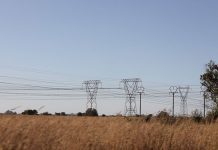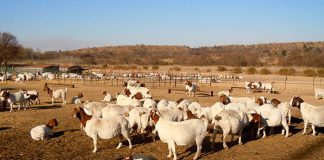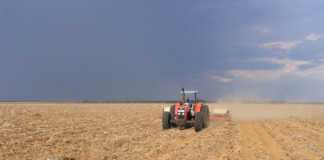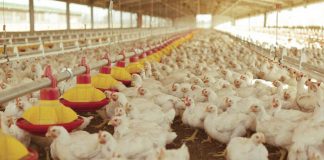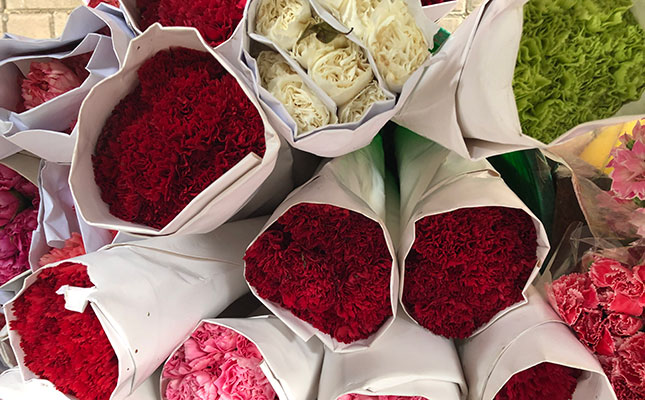
Photo: Denene Erasmus
The coronavirus disease (COVID-19) pandemic has had a severe impact on the South African horticulture sector, due to confusion about which industries were allowed to resume normal trade.
This was according to Elzette Schutte, manager of Cape Flora at Hortgro, who said that when the pandemic started, all flower exports were halted and subsequently a lot of producers suffered major losses.
“Then when the airfreight was re-opened the rates were extremely high, but at least some products were shipped.”
Schutte said local producers of flowers and ornamental plants had been seriously affected as a result of this confusion.
READ Coronavirus pandemic brings flower industry to a standstill
“We, as an industry, encourage growers to try and sell their products locally as [far] as possible. We have done what we can to provide permits and additional letters to our members in order to [allow for the transportation] of flowers.”
She added that not everyone understood the regulations that had been published in the Government Gazette.
“We encourage the growers to print [out the notice in the Government Gazette], their permits, and the letter Cape Flora South Africa (CFSA) [supplied to those growers who requested it].”
However, Schutte said reports had been received that despite all this documentation, many growers were still being prevented by authorities to resume trade and other business activities.
READ When to plant sunflower for optimal yield
The deciduous fruit industry had also been negatively affected by the lockdown regulations, and according to Jacques Du Preez, product manager of pome and stone fruit at Hortgro, all aspects of the business had changed fundamentally, from orchard level, including inputs and production, to staff management and consumer purchasing behaviour.
“We had to find new and innovative ways of procuring input materials, managing the wellbeing and health of workers, logistics, payments and cash flow, and [dealing with] new consumer behaviour. Luckily, the stone fruit [industry] mostly missed the full onslaught of [COVID-19], although demand and prices for late plums slumped.”
He added that given the initial challenges encountered in South African harbours with regard to new regulations, vital operations had somehow been maintained, albeit at lower levels.
“Getting fruit to our [export] markets will remain a big challenge in the foreseeable future, but efficiencies and capacity are slowly picking up, although it is not yet where it should be.”
Du Preez said that thus far, the industry had been able to cope with most of the challenges and would continue to do so.
“We will, however, have to remain diligent and flexible to adapt to these challenges as they crop up.”







